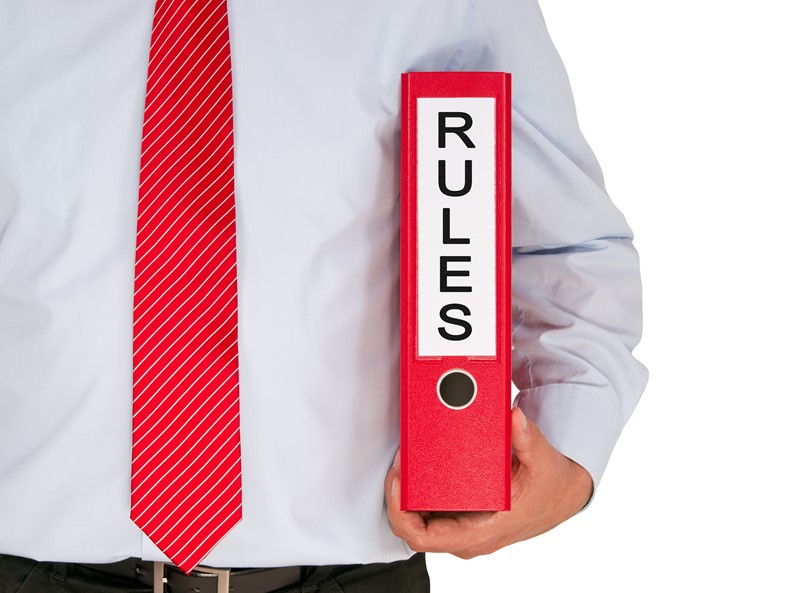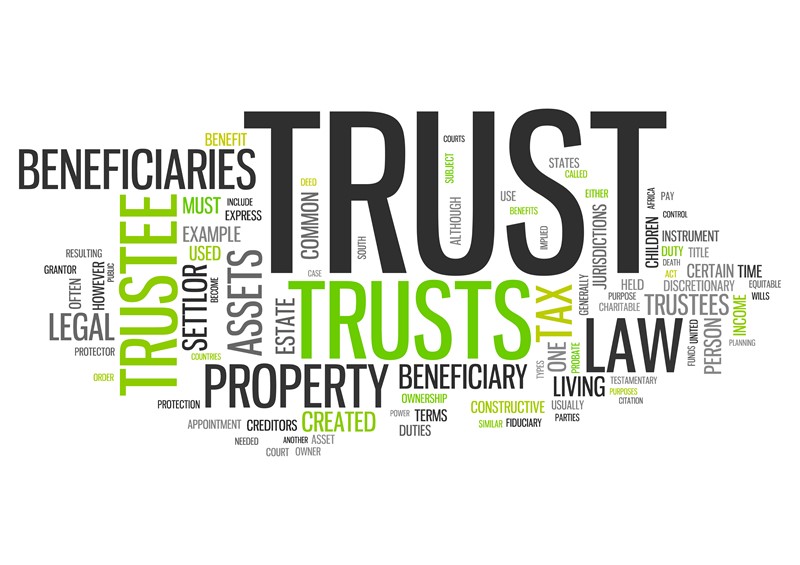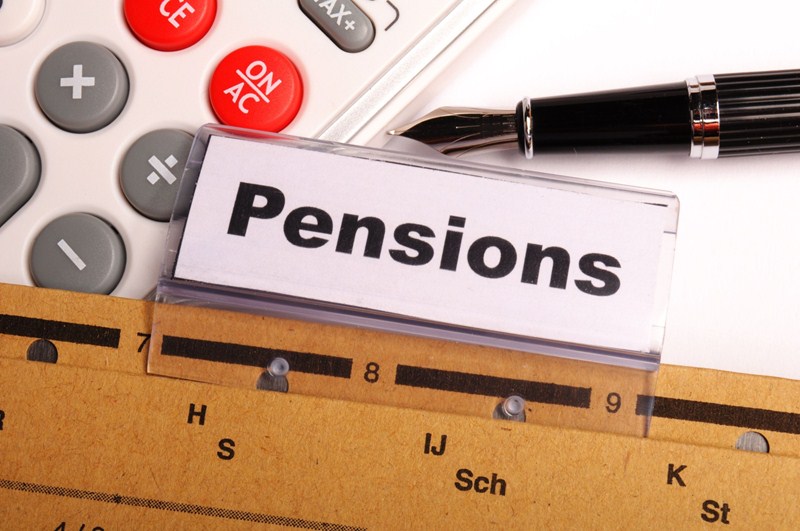Personal and small business current account holders were asked how likely they would be to recommend their provider to a friend, relative or other business. The survey also covered the quality of online and mobile provision, branch and overdraft services and, for small businesses, the quality of the relationship management they receive.
The results show customers how their bank is ranked on quality of service and make it easier for people to compare offers. They also promote competition between providers, resulting in better experiences for all account holders. Customers who find another bank offering a better deal can use the Current Account Switch Service to help make the process of switching much simpler. This free service is available to anyone with a personal or business current account in the UK.
Results are for the period July 2022 to June 2023.
Overall, the top-ranked personal current account providers in Great Britain are:
- Monzo (1st)
- Starling Bank (2nd)
- First direct (3rd)
Overall, the bottom-ranked personal current providers in Great Britain are:
- Virgin Money (=15th)
- Royal Bank of Scotland (=15th)
- TSB (14th)
Overall, the top-ranked business current account providers in Great Britain are:
- Monzo (1st)
- Starling Bank (2nd)
- Handelsbanken (3rd)
Overall, the bottom-ranked business current account providers in Great Britain are:
- HSBC UK (15th)
- The Co-operative Bank (14th)
- Virgin Money (13th)












